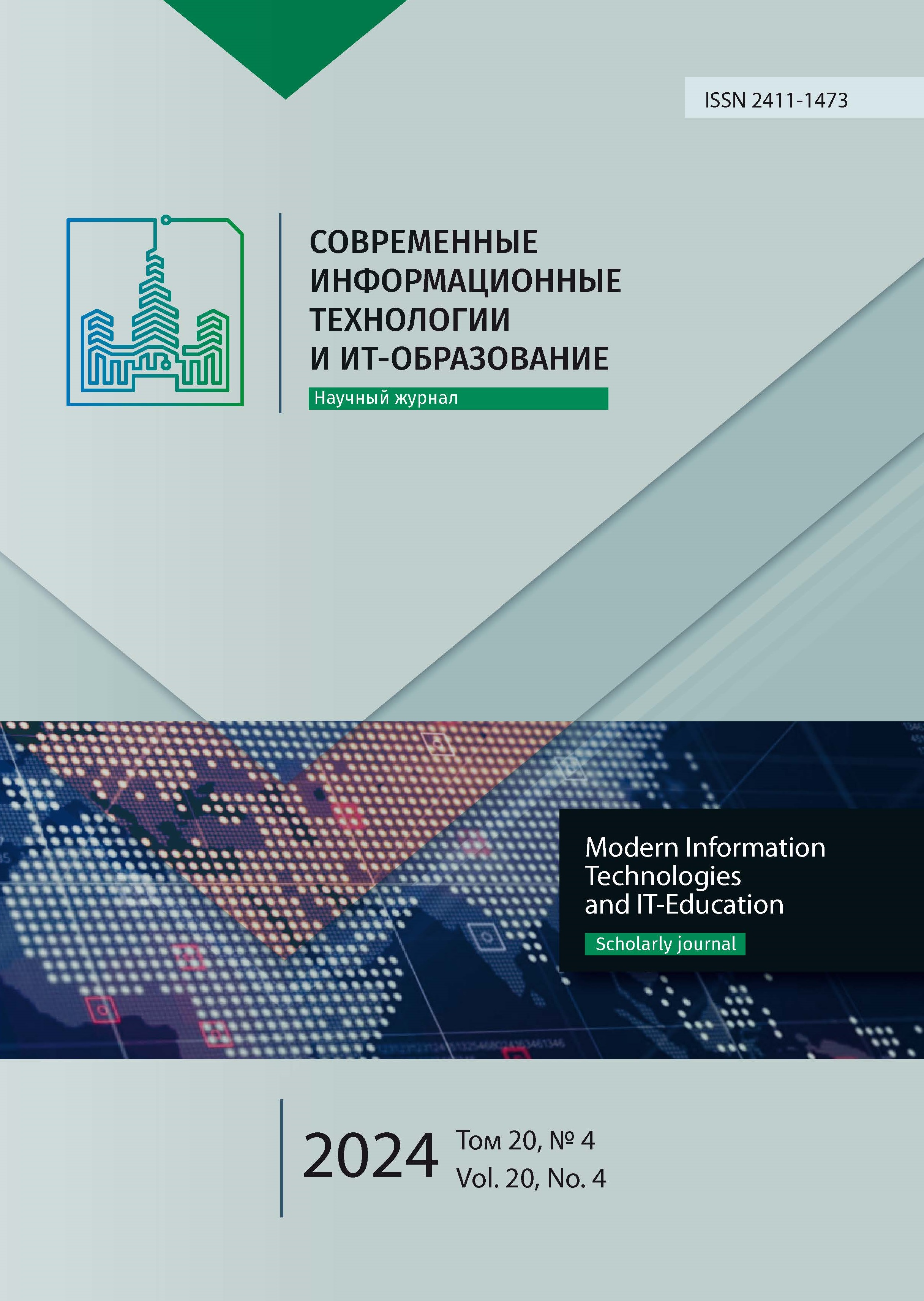Лингвистические сигнатуры
исследование корреляции между стрессом и депрессией
Аннотация
Понимание лингвистических маркеров, связанных с депрессией, имеет решающее значение для продвижения неинвазивных методов оценки психического здоровья. Предыдущие исследования показывают, что использование языка отражает психологические состояния, однако выявление конкретных лингвистических паттернов, связанных с депрессией, остается сложной задачей. Несмотря на то, что тональность и употребление языка изучались широко, лишь немногие ставили задачу систематически сравнить структуру языка, эмоциональную окраску и грамматические особенности в текстах людей с депрессией и без. Это исследование устраняет данный пробел, анализируя лингвистические маркеры в контролируемом наборе данных. Основная цель исследования – проверить гипотезу о том, что определенные языковые паттерны, включая структуру предложений, выбор слов и тональность, могут указывать на симптомы депрессии. В частности, исследование стремится выяснить, коррелируют ли повышенные уровни стресса с определяемыми лингвистическими сигнатурами депрессии. Используя набор данных текстовых примеров от депрессивной и контрольной групп, исследование применяет статистический анализ и методы лингвистических сигнатур. Ключевые переменные включают длину предложений, частоту употребления слов и грамматическое использование, с анализом эмоциональной окраски в качестве дополнительного маркера. Результаты показывают, что люди с депрессивными симптомами чаще используют негативно окрашенную лексику, демонстрируют более высокую частоту использования местоимений первого лица и имеют меньшую лексическую вариативность по сравнению с контрольной группой. Эти паттерны предполагают склонность к самофокусированности и негативной интерпретации событий. Полученные результаты подтверждают важность разработки автоматизированных инструментов для раннего выявления депрессии с помощью анализа языка. Этот подход может повысить точность диагностики в области психического здоровья и расширить наше понимание взаимосвязи между языком и психологическим состоянием.

Это произведение доступно по лицензии Creative Commons «Attribution» («Атрибуция») 4.0 Всемирная.
Редакционная политика журнала основывается на традиционных этических принципах российской научной периодики и строится с учетом этических норм работы редакторов и издателей, закрепленных в Кодексе поведения и руководящих принципах наилучшей практики для редактора журнала (Code of Conduct and Best Practice Guidelines for Journal Editors) и Кодексе поведения для издателя журнала (Code of Conduct for Journal Publishers), разработанных Комитетом по публикационной этике - Committee on Publication Ethics (COPE). В процессе издательской деятельности редколлегия журнала руководствуется международными правилами охраны авторского права, нормами действующего законодательства РФ, международными издательскими стандартами и обязательной ссылке на первоисточник.
Журнал позволяет авторам сохранять авторское право без ограничений. Журнал позволяет авторам сохранить права на публикацию без ограничений.
Издательская политика в области авторского права и архивирования определяются «зеленым цветом» в базе данных SHERPA/RoMEO.
Все статьи распространяются на условиях лицензии Creative Commons «Attribution» («Атрибуция») 4.0 Всемирная, которая позволяет другим использовать, распространять, дополнять эту работу с обязательной ссылкой на оригинальную работу и публикацию в этом журналe.













